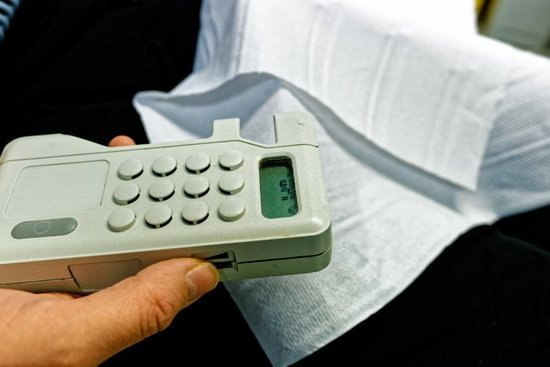Is It Normal To Have Cramps In Early Pregnancy
?
Cramps are common in early pregnancy. They are usually caused by the uterus expanding and growing. The cramps can be mild to severe. They may come and go or stay constant. The best way to deal with cramps is to take over the counter pain medication if needed and rest. If the cramps are severe or accompanied by bleeding, then you should call your doctor.
Precautions During Early Pregnancy To Avoid Miscarriage
Miscarriage is a common complication of early pregnancy, affecting 15-20% of pregnancies. While the cause of miscarriage is often unknown, there are a number of things you can do to reduce your risk.
Some important precautions to take during early pregnancy to avoid miscarriage include:
-Avoiding contact with toxoplasma gondii, a parasite that can cause miscarriage. To reduce your risk, avoid contact with cat feces and raw meat.
-Avoiding smoking, alcohol, and caffeine.
-Staying well-nourished and hydrated.
-Getting regular exercise, but avoiding contact sports and activities that could cause injury.
-Seeing your doctor for regular prenatal care.
If you experience any symptoms of a miscarriage, such as vaginal bleeding or cramping, contact your doctor immediately.
Early Signs Of Ectopic Pregnancy
There are a few early signs of ectopic pregnancy that can occur before a woman knows she is pregnant. These signs can include irregular periods, pain in the abdomen, pain during sex, and feeling faint or lightheaded. If a woman experiences any of these signs, she should see her doctor right away.
An ectopic pregnancy is a pregnancy that occurs outside of the uterus. Most ectopic pregnancies occur in the fallopian tubes, but they can also occur in the ovaries, cervix, or abdomen. An ectopic pregnancy cannot result in a healthy baby, so it must be terminated.
The most common early sign of an ectopic pregnancy is pain in the abdomen. This pain can be sharp and severe, and it may get worse over time. Some women also experience pain during sex, and some feel faint or lightheaded.
If a woman experiences any of these early signs of ectopic pregnancy, she should see her doctor right away. The doctor will perform a pelvic exam and may order a pregnancy test. If the test is positive, the doctor will likely order an ultrasound to determine where the pregnancy is located.
If the ultrasound shows that the pregnancy is ectopic, the doctor will likely recommend that the pregnancy be terminated. This can be done with medication or surgery. Ectopic pregnancies can be dangerous, so it is important to seek medical help if you think you might be pregnant and experience any of these signs.
Nipple Changes In Early Pregnancy
Pregnancy is an amazing time in a woman’s life, but it can also be a time of confusion and worry. One of the many changes that can occur during early pregnancy is a change in the appearance of the nipples.
The nipples may become darker, larger, or more erect. This is because the body is preparing for breastfeeding. The nipples may also leak a small amount of milk. This is normal and does not mean that the woman is pregnant.
If a woman is pregnant, the nipples will continue to change throughout the pregnancy. They may become even darker and larger, and may leak more milk. The woman may also experience a tingling or itching sensation in the nipples.
These changes are all normal and are part of the body’s preparation for breastfeeding. However, if a woman experiences any pain or discharge from the nipples, she should consult her doctor.
How Early Does A Pregnancy Test Work
?
The answer to this question largely depends on the type of pregnancy test that you are using. The most common types of home pregnancy tests (HPTs) detect the presence of the hormone hCG (human chorionic gonadotropin) in your urine. hCG is produced by the placenta shortly after the egg is fertilized and implantation occurs.
Most HPTs are able to detect hCG levels as low as 25 mIU/ml, but some can detect levels as low as 10 mIU/ml. It is important to remember that the lower the hCG level that the test can detect, the earlier it will be able to give a positive result.
Most HPTs will give a positive result within two weeks of implantation. However, some women may not get a positive result until four or five weeks after implantation. If you do not get a positive result on an HPT, you should consult with your doctor to determine if you are pregnant.

Welcome to my fertility blog. This is a space where I will be sharing my experiences as I navigate through the world of fertility treatments, as well as provide information and resources about fertility and pregnancy.





